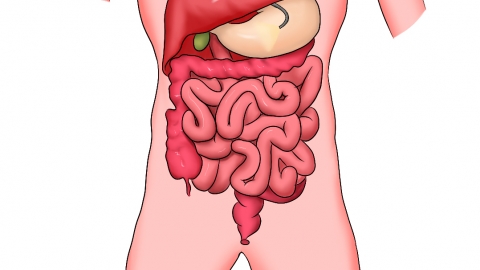Can stomach bleeding be treated?
Generally speaking, whether gastric bleeding can be treated needs to be comprehensively determined based on factors such as the cause of the bleeding, its severity, and whether treatment is timely. If discomfort occurs, timely medical attention is recommended. Specific analysis is as follows:

If gastric bleeding is caused by common conditions such as acute gastritis or gastric ulcers, the amount of bleeding is small, no severe symptoms such as shock have occurred, and medical attention is sought promptly, most people can recover smoothly and achieve good treatment outcomes through standardized medication or simple endoscopic hemostasis.
If gastric bleeding is caused by severe underlying conditions such as gastric cancer or rupture of esophageal and gastric varices due to liver cirrhosis, with massive bleeding and symptoms of shock such as sudden drop in blood pressure and altered consciousness already present, and if the optimal treatment window is missed, the difficulty of treatment increases significantly. Some individuals may not be completely curable and may even face life-threatening risks.
During treatment, it is essential to strictly follow medical advice regarding fasting or consuming bland liquid food and to avoid strenuous activities. After recovery, regular follow-up examinations are necessary to assess gastric healing. At the same time, dietary habits should be adjusted to avoid spicy or irritating foods. Patients with underlying gastric diseases should actively manage their primary conditions to prevent recurrence of gastric bleeding.






